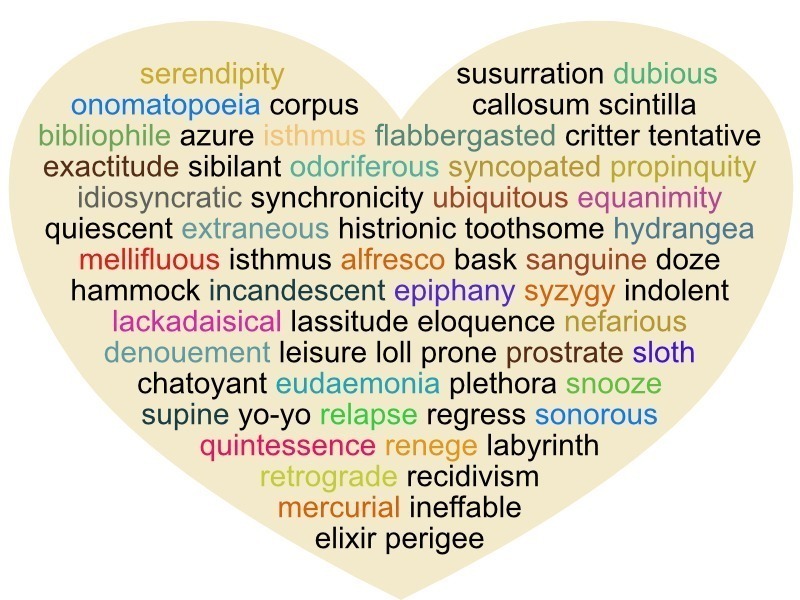search
date/time
 | Yorkshire Times A Voice of the Free Press |

Paul Spalding-Mulcock
Features Writer
@MulcockPaul
1:02 AM 5th August 2023
arts
Word Of The Week : Labyrinth

Unlike Theseus, one does not need Ariadne’s ball of wool to solve the lexicographical puzzle presented to us by the word Labyrinth.
In Greek mythology, the Labyrinth from the Ancient Greek: Labúrinthos was an elaborate, confusing structure designed and built by the legendary artificer Daedalus for King Minos of Crete at Knossos. Its function was to hold the Minotaur, a fearsome monster with the head of a bull and body of a man. Think Boris Johnson without a tie.

Image by Dan Asaki on Unsplash
So, in modern English we have the primary meaning of this noun as being a place constructed of, or full of intricate passageways and blind alleys. Less literally, when not describing a maze, as in a garden, formed by paths separated by high hedges, Labyrinth denotes something extremely complex or tortuous in structure, arrangement, or character. Think tortuously intricate and baffling, much like a tax return, or a bogus appointment to the House of Lords.
Labyrinth also denotes a complex anatomical structure, such as the internal ear, especially its bony or membranous part. The synonym,maze is in fact from the Old English word masian meaning to confuse, whereas labyrinth has a far more classical pedigree.
Also by Paul Spalding-Mulcock...
Word Of The Week : CorpusThe Gallery, Slaithwaite: ‘Ten’ - A Birthday ExhibitionWord Of The Week : SibilantWord Of The Week : PropinquityWord Of The Week : IdiosyncrasyMore in this series...
Word Of The Week : CorpusWord Of The Week : SibilantWord Of The Week : PropinquityWord Of The Week : IdiosyncrasyWord Of The Week : MercurialWord Of The Week : RetrogradeWord Of The Week : LackadaisicalWord Of The Week : EudaemoniaWord Of The Week : ScintillaWord Of The Week : EpiphanyWord Of The Week: LassitudeWord Of The Week : FlabbergastWord Of The Week : SyzygyWord Of The Week: RecidivismWord Of The Week : IsthmusWord Of The Week : SusurrationWord Of The Week: ChatoyantWord Of The Week : Esemplastic